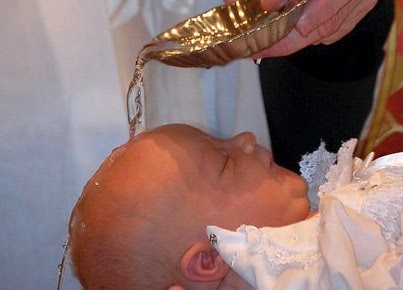Month: August 2018
-

Thirteenth Sunday after Trinity (Luke 10:23-37)
Bethlehem Lutheran & Bethel Lutheran Church, Lebanon & Sweet Home, OR Thirteenth Sunday after Trinity + August 26, 2018 Text: Luke 10:23-37 God reveals Himself not to the proud, stately, and religious, but to little children. The humble, the troubled, the weak, and the needy. “God opposes the proud but gives grace to the humble”[1] …
-

Twelfth Sunday after Trinity (Mark 7:31-37)
Bethlehem Lutheran & Bethel Lutheran Church, Lebanon & Sweet Home, OR Twelfth Sunday after Trinity + August 19, 2018 Text: Mark 7:31-37 This was not the first time that Jesus had been to Tyre, Sidon, and the region of the Decapolis. The first time Mark records that Jesus visited Tyre and Sidon chapter 3, it…
-

Tenth Sunday after Trinity (Luke 19:41-48)
Bethlehem Lutheran & Bethel Lutheran Church, Lebanon & Sweet Home, OR Tenth Sunday after Trinity + August 5, 2018 Baptism of Liam John Buresh Strehlo Text: Luke 19:41-48 The question sometimes arises: What’s the difference between Israel of old and the Christian Church? More to the point, what happened to Israel and all the things…